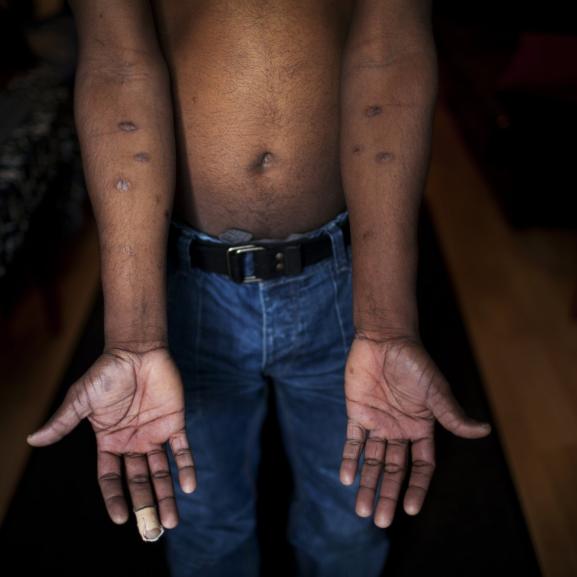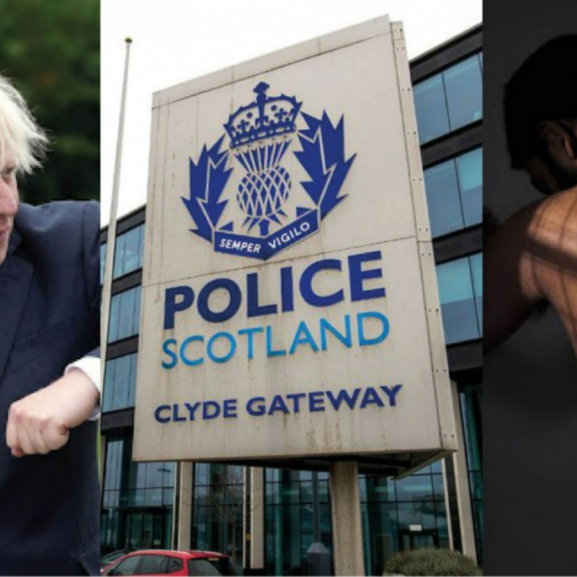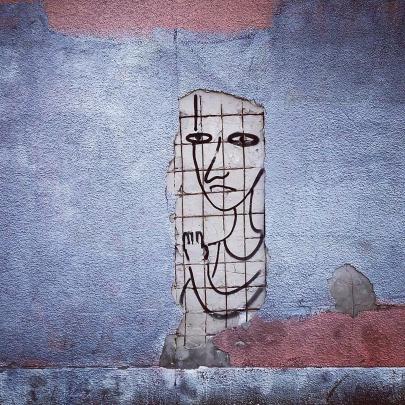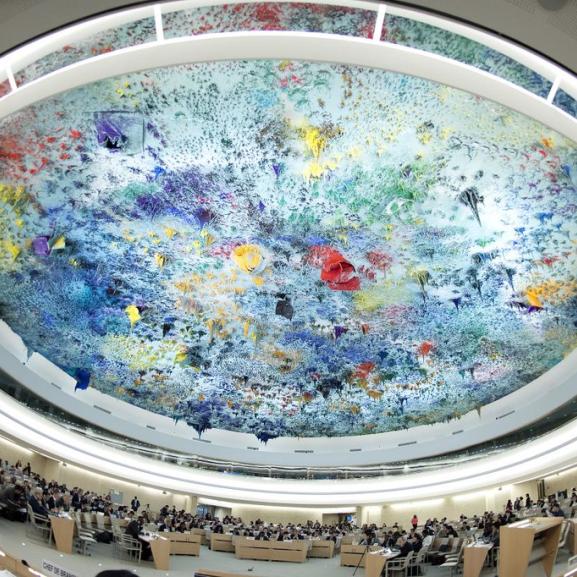The return of the Rajapaksa family to power signals a 'backward step' for justice says Freedom from Torture
The inauguration of Gotabaya Rajapaksa as President of Sri Lanka and the appointment of Mahinda Rajapaksa as Prime Minister signals a backward step for the delivery of accountability and justice in a country that has experienced mass human rights violations for decades.
In 2009, he was Defence Secretary in his brother Mahinda Rajapaksa’s government. In the final months of Sri Lanka’s long and brutal civil war with the rebel Tamil Tigers, Sri Lankan armed forces repeatedly shelled hospitals in what was cynically proclaimed to be a “no fire zone”. This was, in the words of the UN, “an assault on the entire framework of international law”. Thousands of fighters who surrendered at the end of the war have never been seen again, their fate unknown.
Thousands of fighters who surrendered at the end of the war have never been seen again, their fate unknown.
Despite committing violations that amount to war crimes and crimes against humanity, perpetrators have not been brought to justice and progress in investigations and prosecution of high-profile ‘emblematic’ cases, such as that of the ‘Trinco Five – five Tamil students shot dead on the beachfront in Trincomalee in 2006 - has been excruciatingly slow or has not resulted in convictions.
In 2015, the previous government made commitments to the UN Human Rights Council to promote reconciliation, accountability and human rights. It also promised to enact a ‘zero tolerance’ policy on torture and to amend the problematic Prevention of Terrorism Act that provided a framework for terrorism to take place with impunity.
There was some progress on a broader human rights reform agenda, such as setting up an Office for Missing Persons, but the steps taken fell short of delivering meaningful change. The conditions, laws and institutions that allowed mass human rights violations to occur in Sri Lanka for decades remain in place.
There was some progress on a broader human rights reform agenda, but the steps taken fell short of delivering meaningful change.
Despite all the fine promises, too little changed under the last government. But, given both his pronouncements and his track record, the election of Gotabaya Rajapaksa opens up a raft of dangerous new possibilities.
President Rajapaksa has signalled a death knell for justice. In his inaugural campaign speech, he promised to release "all war heroes who were unjustly imprisoned". This includes soldiers imprisoned for mass murder and gang rape.
He has argued that investigations into war crimes by security forces means that the police have suffered “humiliation and victimisation” and left the country vulnerable to a “re-emergence of terrorism”. He has said that he will withdraw support for the UN Human Rights Council resolution that is aimed at promoting reconciliation, accountability and human rights in Sri Lanka.
Immediately on becoming president, he appointed former army commander Kamal Gunaratne, who is alleged to have committed war crimes in 2009, as Secretary of Defence.
The vital importance of justice is a recurring theme in discussions that Freedom from Torture has with torture survivors from Sri Lanka and many other parts of the world, as we help them to rebuild their lives.
Survivors explain that seeking accountability restores some measure of control which their torturers tried to take away and contributes to torture prevention efforts so that others are protected from the same suffering.
“If the people who committed these mistakes are punished they will be scared to commit the same mistakes again” Sri Lankan torture survivor
Gotabaya Rajapaksa declares himself to be president for “Sri Lanka’s future”. But a strong future is not achieved by ignoring and denying the crimes of the past.
International governments must ensure that the Sri Lankan government does not turn its back on accountability for past crimes while it grapples with the very real demands facing the country.
It cannot be business as usual. Sri Lankan survivors deserve better than that.
Authored by Steve Crawshaw, Director of Policy & Advocacy at Freedom from Torture






